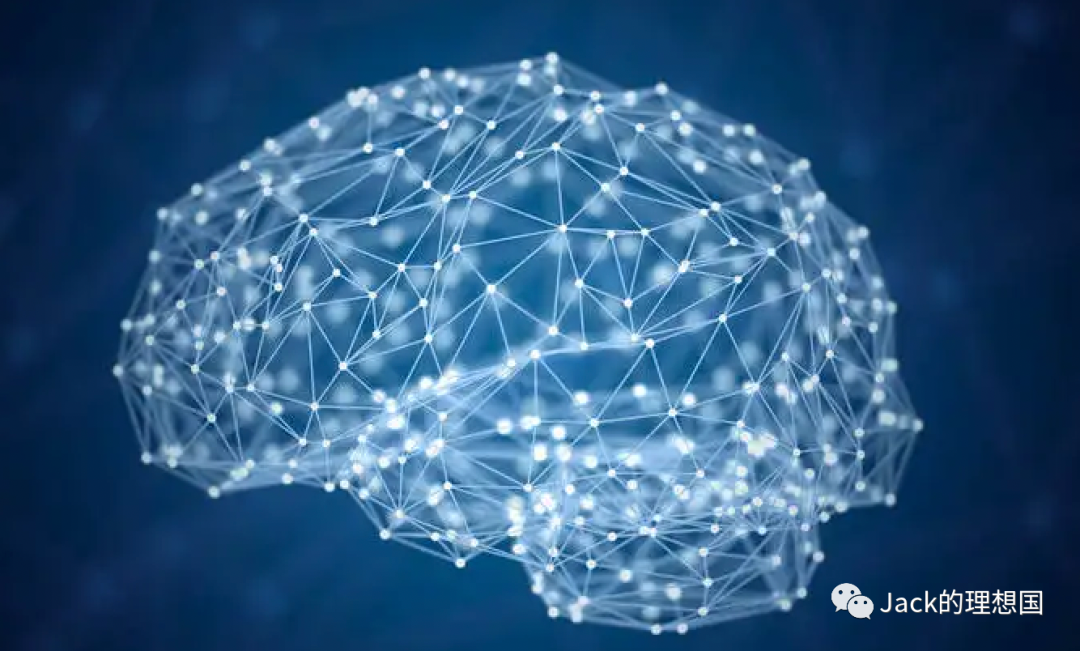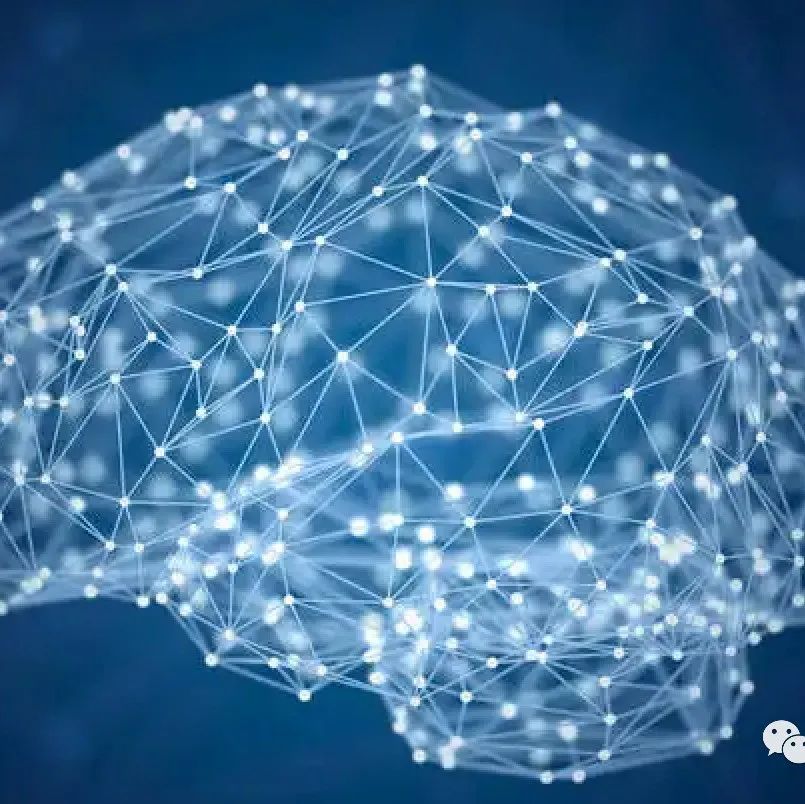东西方的连接23 The World Ahead 2 东西方的连接23 - 未来世界2

The last article generally explored the upcoming political, economic, and cultural crises and opportunities in the future. This essay will be a supplement to the last one, addressing some other worldly issues and misconceptions that people might possess.
The Danger of Thinking Simple
Today, although talk of potential global crises exists, most people feel it is too early to worry about anything significantly dangerous. I sometimes believe that the good times will last for another couple of decades, even centuries. This simply optimistic way of thinking about the future world, this complacency, is potentially quite dangerous.
There is a marked difference between the pattern of human development today and in the past. In the past, general trends of progression, at least, were predictable. More specifically, during the Middle Ages, for example, even though people knew that the Vikings could invade the next year or famine could occur, people were still going to plant their crops and participate in church activities. The medieval population could predict that there would be no major change in their lifestyle for years. During the tumultuous Industrial Revolution, when some new industries completely substituted traditional ones, many could still surmise this general substitution and adjust accordingly.
The problem is that people cannot predict major trends even 20 years into the future. Take the instance of the labor market, which is a crucial part of the economy and international development. Previously, changes in the structure and components of the labor market were predictable. Today, it is difficult to be sure that the human labor market will not be turned upside down or even continue to function properly. Artificial intelligence is advancing at a speed that spells no clear pattern. In 20 years, artificial intelligence can render many low-paying jobs that require manual labor obsolete. They would be more productive than human workers but could also operate and outcompete at lower costs. By then, will labor markets around the globe be flexible and powerful enough to cushion the impact of this AI flood? It is hard to argue a conclusive “yes.”
Given such a volatile and unclear outlook, the true dangers of thinking simple and being complacent are immense. Catastrophes of various kinds, not just the climate kind, can be secretly approaching and strike human civilization in unprecedentedly powerful ways. In two decades or so, we might witness sudden unemployment spikes, economic chaos, or a further breakdown of global political order. If world leaders and the populace do not take these potential hazards into account today and ignore that we cannot see the future with clarity, there is no proper path to prepare. This unprepared status jeopardizes civilization even more.
A Breakdown of Human Consciousness and Mentality
The world is bound to become more dominated by the internet and enter a purer digital age. If the digital age continues to develop to be more sophisticated, it has the power to lead to a complete breakdown of human consciousness and mentality. This breakdown cannot be seen with clarity yet, but it can be divided into two sections, standing at the present moment.
First, the breakdown involves individuals losing their sense of identity, value, and emotion. As explained by a previous article, three phases can summarize the process in which one gets dragged and trapped inside the internet world. During this process, there will be a double deprivation of value and identity, meaning that the person potentially loses their meaning in both the virtual and real worlds. The digital age also deprives people of their emotional independence. More and more are stuck emotionally in the internet asylum. Some are even trying to find love and romance on virtual platforms. It cannot be denied that AI might be able to cater to our emotional needs better than real humans in the future. However, there is something intrinsically disturbing with this notion. As a product of evolution, our gregarious nature is supposed to help us engage with each other in a real environment, not a virtual one. The minds and emotional responses of Homo sapiens are not yet adapted to a purely digital environment. We have not yet developed the mental mechanisms to deal with the overwhelming amount of information created by algorithms, and yet we are progressing extremely firmly into an algorithmic world. This dislocation can cause a collapse of humankind's emotional and mental spheres.
To illustrate this point further, draw an analogy to the invention of writing. Our ancestors invented writing to tackle widespread “memory overload.” This term refers to a process whereby as human civilization advances into more complex forms, our natural brains cannot process excessive bits of information. Our memories are overloaded. Writing can help the brain cope with this overload by sharing some of the mind’s job of handling information, especially those relating to a developing culture's increasingly convoluted emotional networks. Now, I argue that we are facing another “memory overload” - the internet is flooding our minds with so much memory from all over the world that our minds cannot function effectively. Are we inventing anything substantial, like writing back then, to tackle this overload? Hardly. Hence, there is unlikely a clear way to solve this round of overload that brings overwhelming consequences.
Second, the internet is shutting down our decision-making capabilities. We might be on the road to “serfdom.” We have been free because we have very powerful decision-making abilities. From a small individual to a large civilization, humankind has been more or less capable of deciding its fate, aided by advancements in social structure and technology. The problem with our decision-making is that it is not always perfect or even right from many points of judgment. As Nobel laureate Daniel Kahneman argues, our decisions are affected detrimentally by many environmental factors. AI, in this regard, can make more accurate decisions since it can be unaffected by outside factors, at least not as seriously affected as humans. When robots can make better choices overall than people, there is a tendency that humankind will increasingly rely on algorithms. This tendency is already happening. Inorganic computers implement many methods of forecasting. The moment that people collectively lose the power to decide to AI will be the one that marks the beginning of an invisible form of slavery. Our consciousness can be controlled by algorithms in the end.
Conclusion
What will be the long-run consequences of the predictions made above? It is difficult to conclude. Human civilization has expanded and become more flexible thanks to our collective ability to tell “fictional stories” and believe them, as noted by historian Yuval Harari. These stories include money, religion, states, empires, etc. When our minds and mentalities adhere to a digital being, whether it is some form of AI or robotic technology, will we still possess this crucial capability to imagine creatively and tell stories? If the answer is negative, what will happen to human culture and civilization from a broader perspective? If a collapse of human civilization occurs, in what way will we be able to recover? These are questions that lead us far into the mist of the future. However, as we are sailing into this mist right now, consciously or not, it is time to consider these questions to prepare us for the potential dangers.
上一篇文章探讨了即将到来的政治、经济和文化危机以及未来世界的机遇。这篇文章将是对上一篇文章的补充,讨论一些其他的世界性问题和人们可能拥有的错误观念。
简单思维的危险
今天,尽管存在关于潜在全球危机的谈论,但大多数人觉得现在担心任何明显的危险还为时过早。我有时相信,好日子会再持续几十年,甚至几个世纪。这种对未来世界的简单乐观的思考方式,这种自满,有可能是相当危险的。
今天的人类发展模式与过去有明显的不同。在过去,大范围的进步趋势是可以预测的。更具体地说,例如,在中世纪,即使人们知道维京人明年可能入侵,或者可能发生饥荒,人们仍然要种植庄稼,参加教会活动。中世纪的人们可以预测,他们的生活方式在未来数年内不会有大的改变。在动荡的工业革命期间,当一些新的行业完全取代了传统行业时,许多人仍然可以预判到这种大范围取代,并作出相应的调整。
现在的问题是,人们甚至无法预测未来20年的主要趋势。以劳动力市场为例,它是经济和国际发展的一个关键部分。在以前的时代,劳动力市场的结构和组成部分的变化是可以预测的。今天,我们很难确定人类的劳动力市场会不会被颠覆,甚至会不会继续正常运作。人工智能正在以一种不明确的速度向前发展。在20年内,人工智能可以使许多需要手工劳动的低薪工作变得过时。他们不仅在整体上会比人类工人更有生产力,而且还能以更低的成本运作并超越其人类竞争者。到那时,全球各地的劳动力市场是否足够灵活和强大,以缓冲这种人工智能洪流的影响?很难得出一个结论性的"是"。
鉴于这样一个不稳定和不明确的前景,思维简单和自满的真正危险是巨大的。各种各样的灾难,不仅仅是气候方面的,可能会秘密地接近,并以前所未有的强大方式打击人类文明。在20年左右的时间里,我们可能会看到失业率的突然飙升和经济混乱,或者全球政治秩序的进一步崩溃。如果世界领导人以及民众今天不考虑这些潜在的危险,并不正视我们无法清晰看到未来这则事实,就无法规划正确的准备路径。这种毫无准备的状态会更加危及文明的存亡。
人类意识和精神的瓦解
世界必将更加被互联网所主导,进入更纯粹的数字时代。如果数字时代继续发展,变得更加复杂,它有能力导致人类意识和精神的彻底瓦解。这种瓦解还不能清晰地看到,但站在当下,它可以大致被分为两个部分。
首先,这种崩溃涉及到个人失去他们的个体身份、价值和情感。正如之前的一文所解释的,三个阶段可以概括一个人被拖入和困在互联网世界里面的过程。在这个过程中,价值和身份将被双重剥夺,也就是说,这个人有可能在虚拟世界和现实世界中都失去了意义。数字时代也剥夺了人们的情感独立性。越来越多的人在情感上被困在互联网庇护所。有些人甚至试图在虚拟平台上寻找爱情和浪漫。不可否认的是,在未来,人工智能可能拥有比真实人类更好地满足我们情感需求的能力。然而,这个概念有一些来自人性深处的不安。作为进化的产物,我们群居的天性应该帮助我们在真实的环境中相互接触,而不是在虚拟的环境中。智人的思维和情感反应还不适应纯数字环境。我们还没有发展出心理机制来处理算法所创造的压倒性的信息量,然而我们正在极其坚定地进入一个算法的世界。这种错位会真正导致人类的情感和精神领域的一场危机。
为了进一步说明这一点,可以用文字的发明来做个类比。我们的祖先发明了文字来解决普遍存在的"记忆超载 "问题。这个术语指的是这样一个过程:随着人类文明发展到更复杂的形式,我们的自然大脑没有能力处理过多多余的信息,我们的记忆超载了。通过分担大脑处理信息的工作,特别是与发展中文化日益复杂的情感网络有关的信息,文字可以帮助大脑应对这种超载。现在,我认为我们正面临着另一种 "记忆超载"--互联网正以来自世界各地的大量记忆充斥着我们的大脑,以至于我们的大脑无法有效运作。我们是否正在发明任何实质性的东西,就像过去的文字一样,来应对这种超载?几乎没有。因此,有一个明确的方法来解决这一轮带来压倒性后果的超载是不太可能的。
第二,互联网正在关闭我们的决策能力。我们可能正走在一条奴役之路上。我们一直是自由的,因为我们有非常强大的决策能力。从一个小个体到一个大文明,在社会结构和技术进步的帮助下,人类或多或少都有能力决定自己的命运。我们决策的问题是,它并不总是完美的,甚至从许多判断点来看都是不正确的。正如诺贝尔奖获得者丹尼尔-卡尼曼(Daniel Kahneman)所认为的,我们的决策会受到许多环境因素的不利影响。在这方面,人工智能可以做出更准确的决定,因为它可以不受外界因素的影响,至少不会像人类那样受到严重影响。当机器人能在整体上做出比人更好的选择时,有一种趋势是人类将越来越依赖算法。这种趋势已经在发生,即许多预测方法现在已经由计算机完成实现。当人们集体失去决定权时,人工智能得到决定能力时,这标志着一种无形的奴役形式的开始--我们的意识最终会被算法所控制。
结论
上述预测的长期后果将是什么?这很难下结论。正如历史学家尤瓦尔-哈拉里(Yuval Harari)所指出的那样,人类文明之所以能够扩展并变得更加灵活,是因为我们有讲述 "虚构的故事 "并相信它们的集体能力。这些故事包括金钱、宗教、国家和帝国等等。当我们的思想和我们的心理依附于一个数字化的存在,无论是某种形式的人工智能还是机器人技术,我们是否仍然拥有这种关键的能力来创造性地想象,讲故事?如果答案是否定的,那么从更广泛的角度来看,人类文化和人类文明会发生什么?如果人类文明最终走向崩溃,我们将以何种方式恢复?这些问题将我们带入未来的迷雾中。然而,考虑到我们现在正以自觉或不自觉的方式驶入这片迷雾,是时候真正开始思考这些问题了,这样才能使文明为未来的潜在危险做好相应准备。
- 本文标签: 原创
- 本文链接: http://www.jack-utopia.cn//article/393
- 版权声明: 本文由Jack原创发布,转载请遵循《署名-非商业性使用-相同方式共享 4.0 国际 (CC BY-NC-SA 4.0)》许可协议授权










